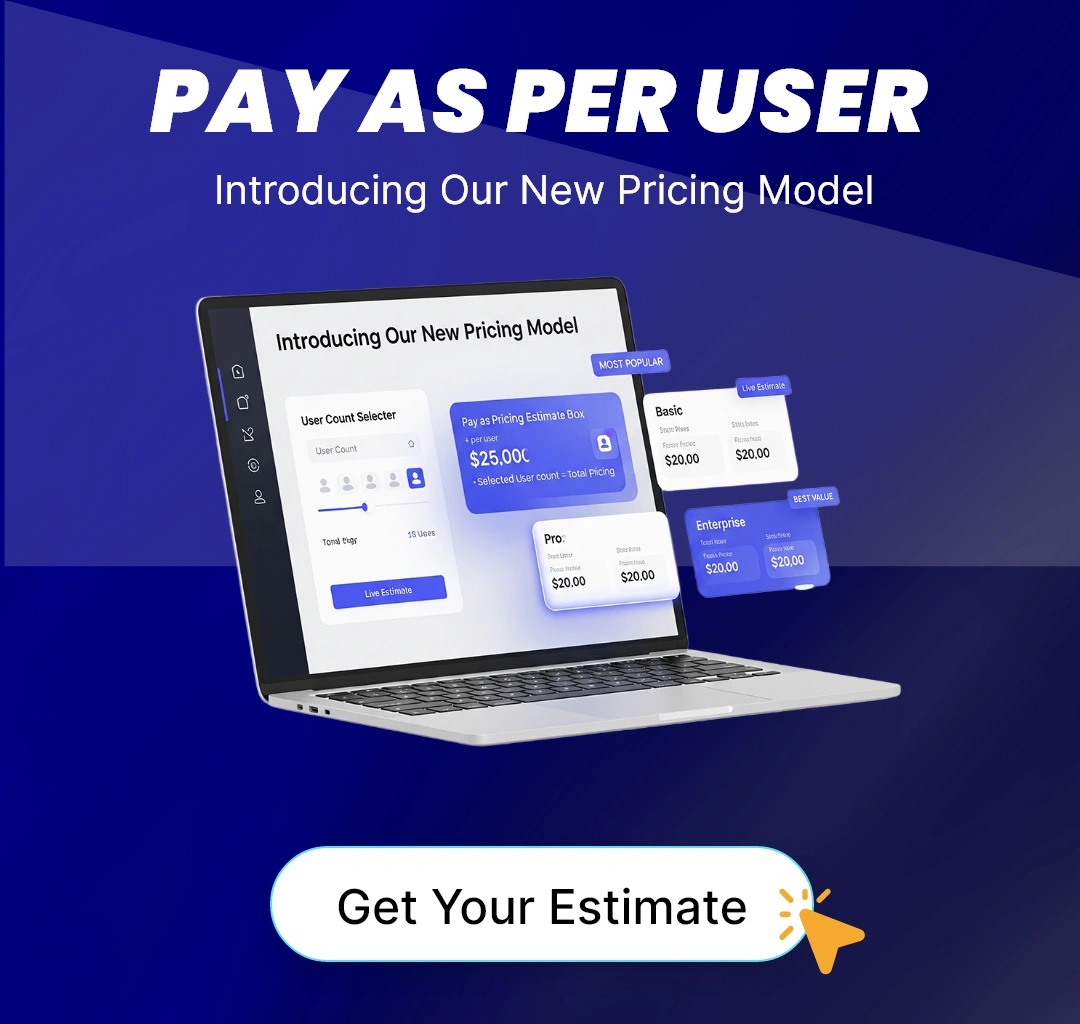Key Features to Look for in the Best LMS for Commercial Training
When selecting the best LMS for commercial training, businesses must consider several features that will ensure their training programs run smoothly and meet their specific needs.
1. Scalability
Commercial training often requires reaching a wide range of employees or contractors. A scalable LMS ensures that the system can grow with your organization’s needs, whether you’re adding new users, expanding to multiple locations, or offering a broader range of training programs.
2. User-Friendly Interface
For successful commercial training programs, ease of use is critical. If employees find the system difficult to navigate, they are less likely to engage with the content. Look for an LMS with an intuitive interface that employees can quickly get used to, minimizing training time for the system itself.
3. Mobile Compatibility
In a world where remote work and flexible schedules are the norm, an LMS that works well on mobile devices is crucial. Employees need the flexibility to complete training courses on the go, from any device, at any time. Mobile-friendly LMS platforms enhance accessibility and convenience.
4. Integration Capabilities
The best LMS platforms seamlessly integrate with existing systems. Whether you’re already using an HR platform, CRM system, or accounting software, the LMS should integrate with these tools to create a unified tech ecosystem. This ensures smoother workflows and eliminates the need for duplicate data entry.
5. Content Customization
Every organization has unique training needs. A top LMS for commercial training should allow you to tailor courses and content to fit the specific requirements of your business and industry. Whether it’s custom branding, personalized learning paths, or localized content for different regions, customization is key.
6. Analytics and Reporting
To gauge the success of your training programs, it’s important to have access to powerful reporting tools. Look for an LMS that offers detailed analytics on user performance, course completion rates, and other key metrics. This data can help you make data-driven decisions to improve future training sessions.
7. Security and Compliance
For many commercial training programs, especially those in regulated industries like healthcare or finance, security and compliance are non-negotiable. Ensure your LMS is equipped with robust security features like encryption and user authentication. It should also allow you to track and manage certifications, ensuring compliance with industry standards.










